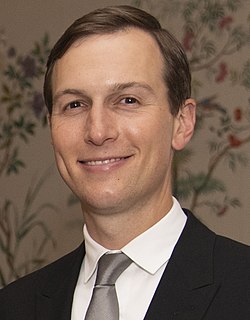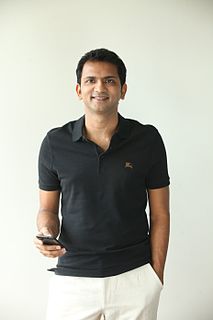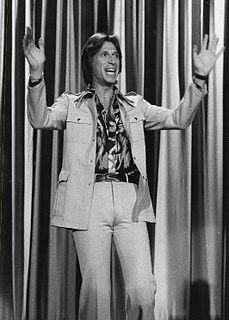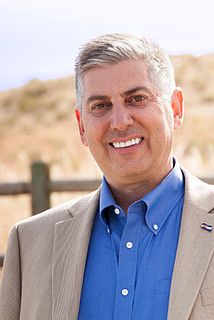A Quote by Jared Kushner
It's easier to build a business around a first-class product, even if it's a more expensive product to produce.
Related Quotes
The most common way customer financing is done is you sell the customer on the product before you've built it or before you've finished it. The customer puts up the money to build the product or finish the product and becomes your first customer. Usually the customer simply wants the product and nothing more.
If you have a strong business idea, then it is comparatively easy now to get capital. It is a positive thing that increasingly more people want to join the startup bandwagon. However, to build a successful business, focus on creating more value through the product, and direct your efforts on solving real issues. If you manage to build a sustainable product, revenue will follow. A lot of startups fail because they concentrate on incremental innovations, increasing user base, and monetisation before strengthening the core of their business.
No product is an island. A product is more than the product. It is a cohesive, integrated set of experiences. Think through all of the stages of a product or service - from initial intentions through final reflections, from first usage to help, service, and maintenance. Make them all work together seamlessly. That's systems thinking.
The smart way to build a literary career is you create an identifiable product, then reliably produce that product so people know what they are going to get. That's the smart way to build a career, but not the fun way. Maybe you can think about being less successful and happier. That's an option, too.

































